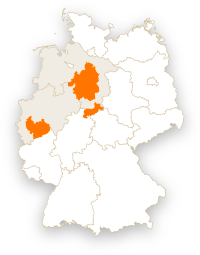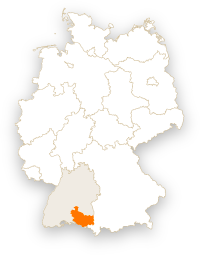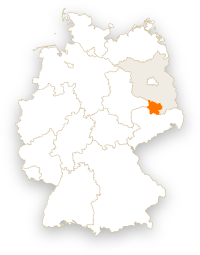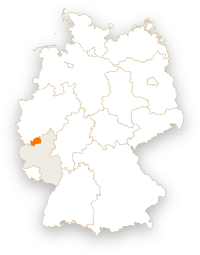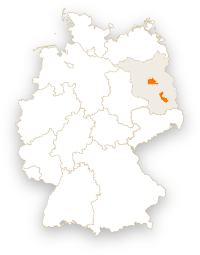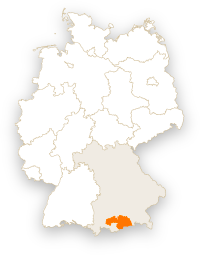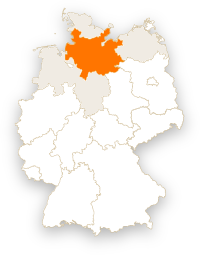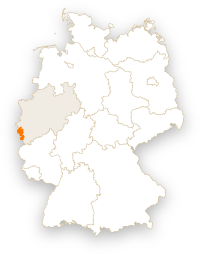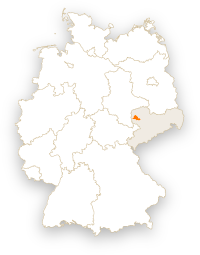
Sustainable Land Management Needs Forward-Thinkers
Land is vitally important. As a habitat, economic goods and part of our culture. But land as a resource is becoming noticeably scarcer world-wide. In Germany, the restructuring of our energy supply, growing residential and commercial areas as well as increasing traffic increase the demand for space. Climate change as well requires a deep-reaching adjustment in urban and rural areas. Land use conflicts are pre-programmed – sustainable solutions can only be found together. The Federal Ministry for Education and Research (BMBF) is funding nine scientific-practice-teams that have combined into Innovation Groups. Through 2019 they are developing future-focused and applicable solutions for handling land as a vitally important resource.
>> more information
Agrivoltaics – A Contribution to Resource-Efficient Land Use
UrbanRural Solutions
model region: region Göttingen-Osterode, Cooperation in Greater Hanover Region and region Cologne
